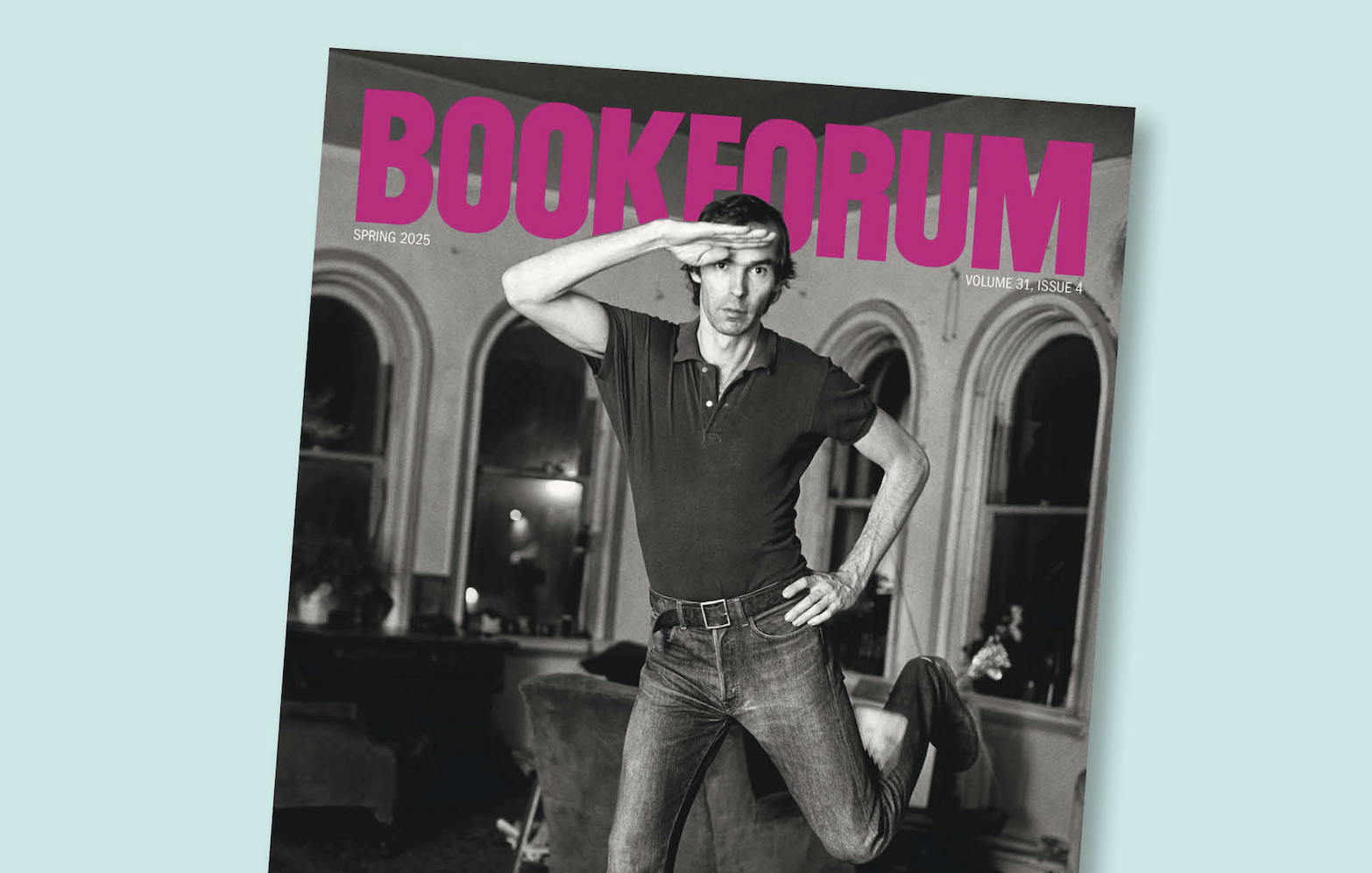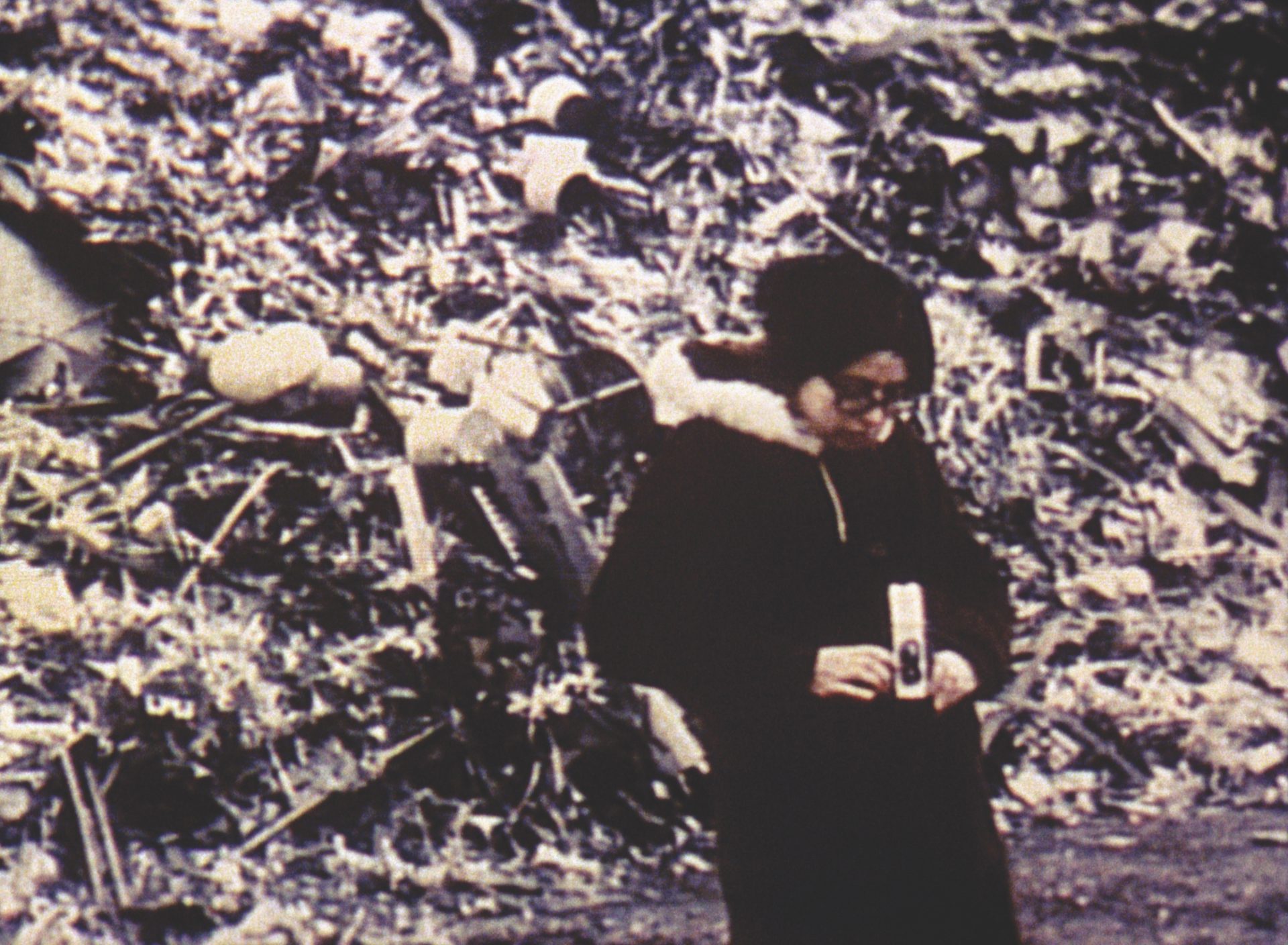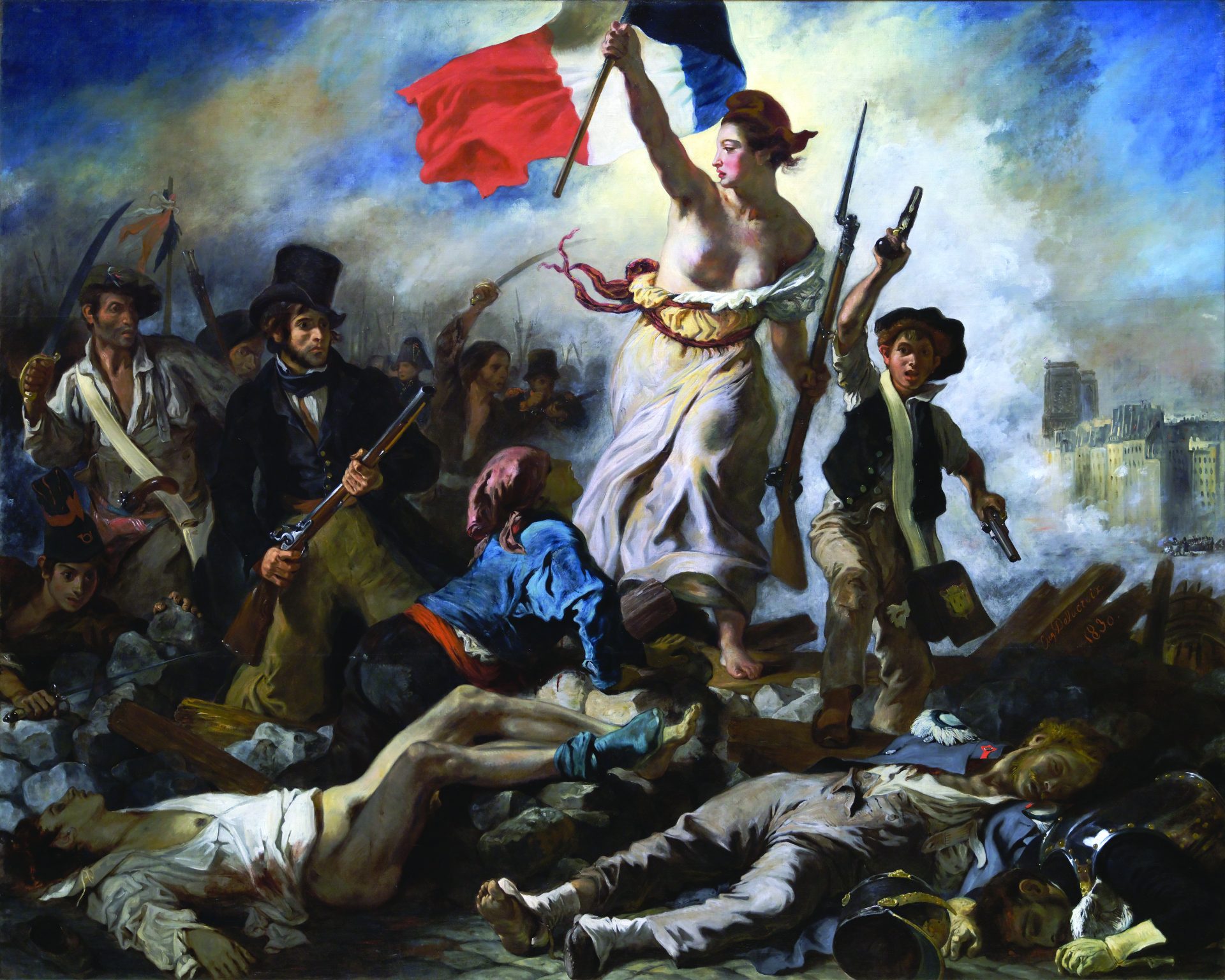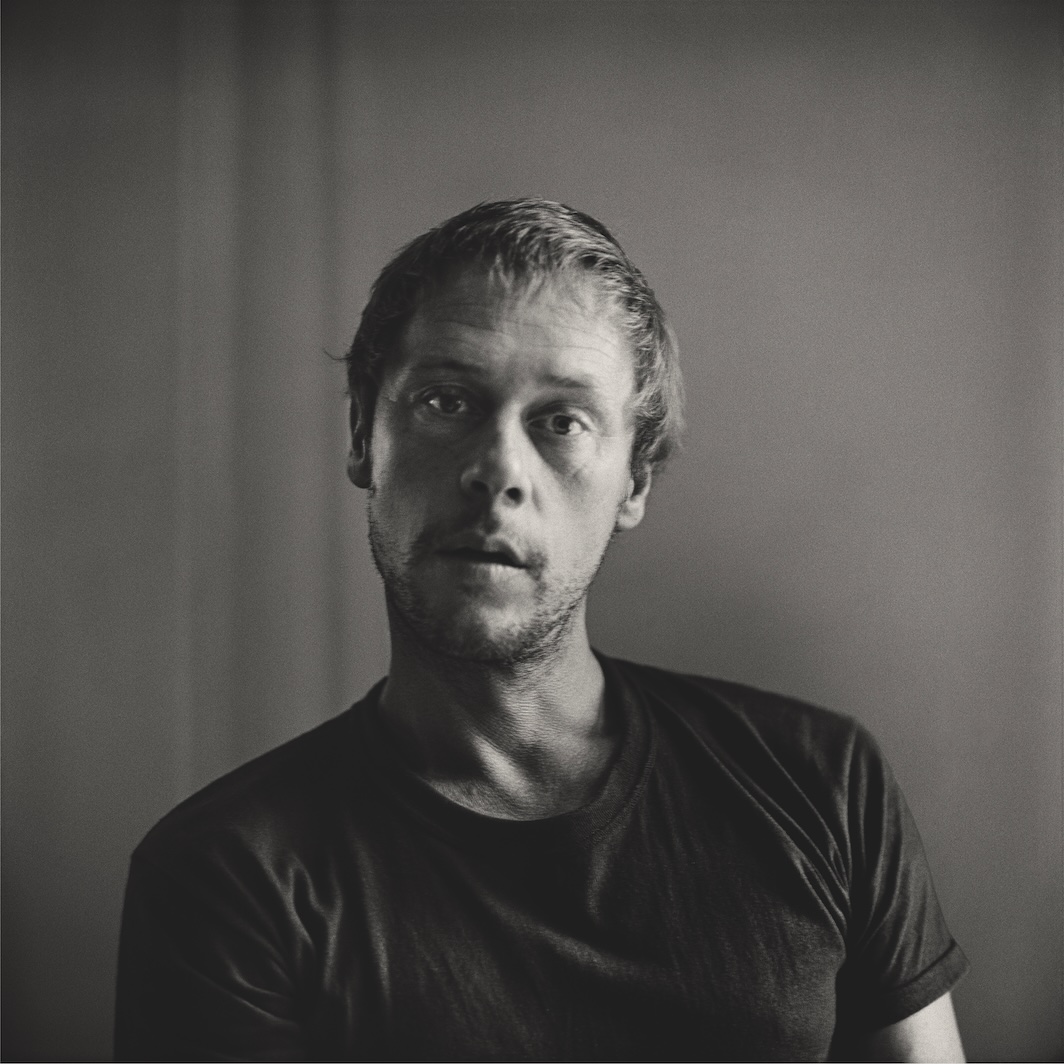
Two broadsides against American intellectuals after 9/11 hit harder than most. The first came from Paul Berman, who, in Terror and Liberalism (2003), chastised his fellow liberals for turning a blind eye to the fascist roots of “Muslim totalitarianism.” The second came from Tony Judt, who denounced intellectuals like Berman for being George Bush’s “useful idiots” and rationalizing the “War on Terror.” Judt and Berman shared the same social-democratic background but were haunted by different demons of the twentieth century. Where Judt saw the shadows of McCarthyism in the Bush years, Berman was relieved the president did not make the Middle East his Munich. In more tempered times, one might have been spared the choice between them—with Berman defending liberal values from without and Judt from within. But the times were not tempered. American liberals chose Judt.
Berman’s new book, The Flight of the Intellectuals, deeply reflects his pain at being rejected. He borrows his title from Julien Benda’s 1927 polemic against European intellectuals who abandoned their principles in the high tide of nationalism, substituting “Flight” for Benda’s “Betrayal.” This is fitting, for Berman writes as if the entire liberal establishment has left him behind on the tarmac to fend off the ideas of Muslim extremists. Or rather the ideas of one man in particular: the theologian Tariq Ramadan, who is, by Berman’s reckoning, an Islamist wolf in a Dolce & Gabbana suit. Berman especially resents the kid-glove treatment Ramadan has received from journalists, most notably Ian Buruma, who comes in for such drubbing in this book one suspects it’s personal.
But just who exactly is Tariq Ramadan? Widely proclaimed to be a “bridge builder ” between fundamentalist Islam and Western liberalism, he is the brilliant spokesman for Islam’s most disturbing doctrines. And yet his statements on everything from free speech to women’s rights are notoriously opaque. What he gives the Western liberal in one clause, he takes back in the next: “Islam stands for the liberation of women,” Ramadan proclaims, “but not at the expense of children.”
Berman makes every effort to catch Ramadan out on his “double discourse,” though not always successfully. He recounts in detail Ramadan’s 2003 televised debate with Nicolas Sarkozy. Looking for a chance to boost his anti-immigrant ratings, Sarkozy asked Ramadan for his position on the practice of stoning adulterous women. Ramadan took the bait. He called for a “moratorium” on the practice but did not condemn the sharia law outright. Sarkozy shot back: “A moratorium . . . are you serious? . . . We should, for a while, hold back from stoning women?” Berman thrills at Sarkozy’s righteousness, but his reading of the exchange simplifies more than it explains. For Ramadan has always affirmed that stoning women should be illegal under French law. Rather, his response offered radical Islam a way to defang itself of an abhorrent practice. It is easy to be against stoning women in principle but much harder to persuade conservative clerics to reconsider their literalist scriptural readings.
Berman’s case against Ramadan gets more convincing the further back he goes in history. That Ramadan is the grandson of Hassan al-Banna, the founder of the Muslim Brotherhood, is well known—and gives him street cred in the Muslim world. But al-Banna’s unwavering support of the Grand Mufti of Jerusalem’s pact with Hitler is never acknowledged. Here, Berman quotes from Jeffrey Herf’s Nazi Propaganda for the Arab World (2009), which include records of radio broadcasts made by the Mufti concerning the fate of the Jews in Egypt. The transcripts are chilling. (“Kill the Jews, burn their property, destroy their stores . . .”) Not only do they show how European anti-Semitism catalyzed Muslim grievances but, more shockingly, they confirm that Hitler and the Mufti planned to conduct a second holocaust of Jews in the Middle East. Their plot was foiled only by Erwin Rommel’s unexpected defeat at El Alemein in 1942. It would be unfair of Berman to visit the sins of the grandfather on the grandson if Ramadan hadn’t made a habit of quoting al-Banna at every turn. If Ramadan is as committed to routing out Muslim anti-Semitism as he claims, he should not skirt his grandfather’s activities in silence.
For a bridge builder, Ramadan has a shaky understanding of European history. The only figure he is fonder of quoting than his grandfather is the eleventh-century Islamic sage al-Ghazali, who he claims was the father of the ideas that paved the way for modern science. But as Berman reminds us, it was not the ideas of early-Renaissance thinkers that led the way there. Like the Muslim scholars who came before them, Pico and Ficino were mired in their attempts to interpret the natural world in strictly religious terms. “What Ramadan describes as an open horizon remained hopelessly narrow,” Berman writes.
Modern science did not develop gradually, but in a flash, when the men of the Enlightenment stopped treating the world as a book of symbols and started taking measurements. Like a Romantic, Ramadan is an avowed enemy of the philosophes. He believes the Enlightenment is the author of all our ills. Yet as Berman points out, these days Romantics typically don’t enjoy the audience of twenty million people on the Continent. Ramadan sincerely believes Europe no longer has the moral resources to fight back against its own cultural decadence and rationalist excesses—and that for this reason, its citizens should be grateful for an injection of Islam.
For revealing this side of Ramadan’s agenda, Berman deserves our thanks. But Ramadan’s influence among Muslims owes precisely to the fact that he’s not a Western liberal. We must go on connecting with the bridge builders we have, not the bridge builders we want.
Thomas Meaney is an editor of The Utopian.






